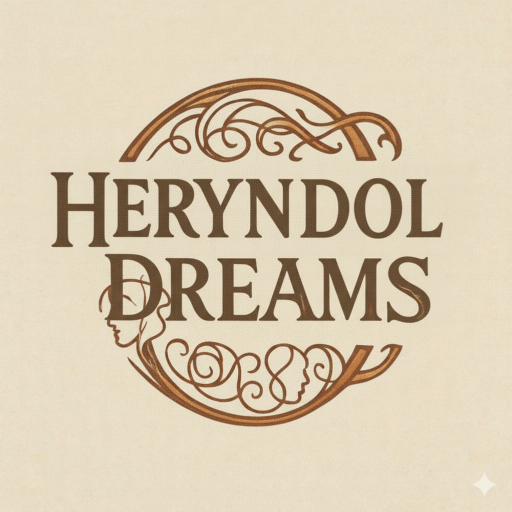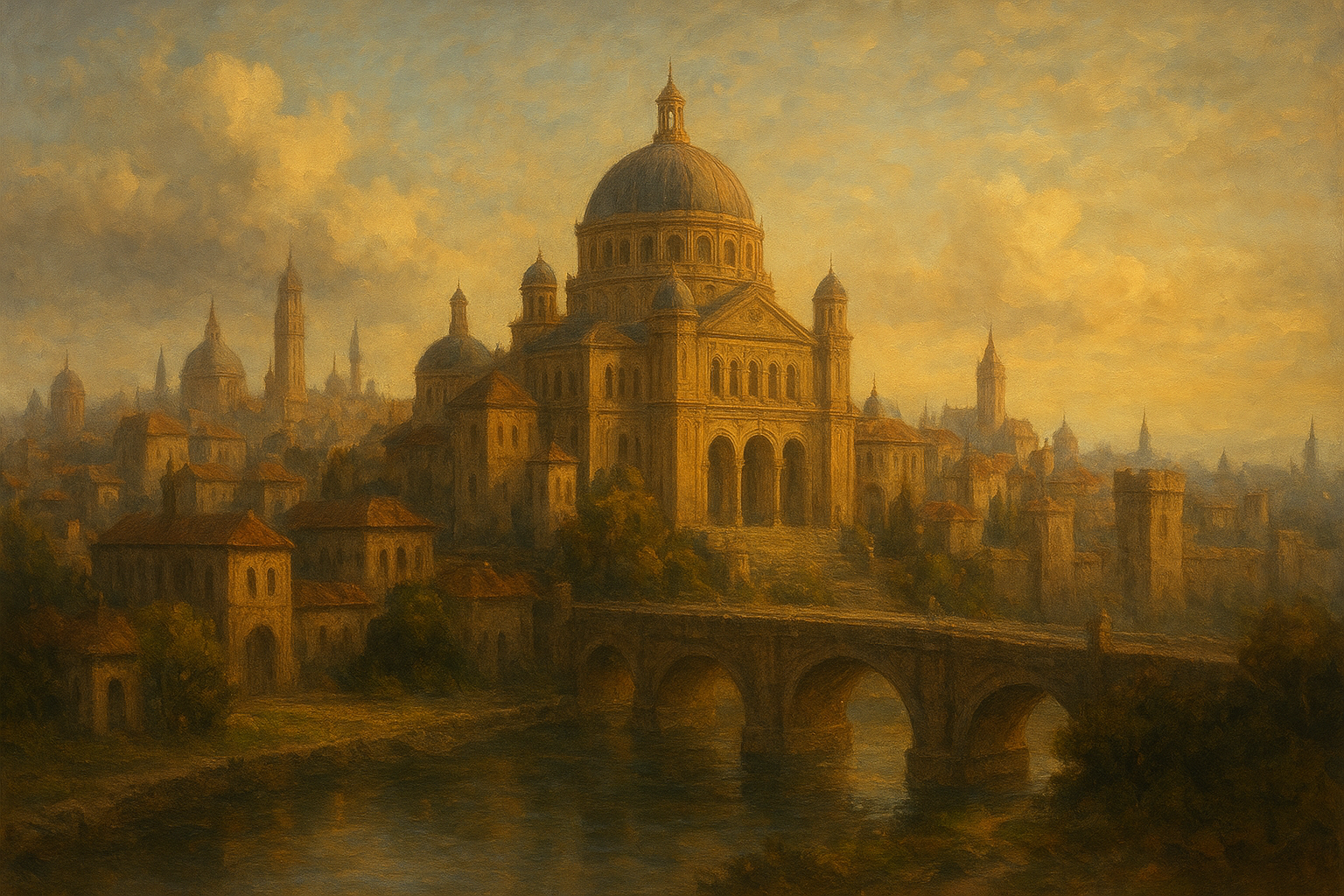Type: Central Government
Form of Government: Elective Oligarchy
Founded: Around 300 years ago, after the Great Famine
Capital: Veyndral, the administrative center and symbol of Republican unity
Origins and Foundation
The Republic was born out of a time of crisis.
Before its foundation, the continent was divided into dozens of warring kingdoms, duchies, and feudal domains, constantly fighting over land, ports, and toll rights.
The Great Famine, which devastated harvests for three consecutive years, brought the entire feudal system to collapse:
Lesser houses lost their lands and power.
Peasants rose up in mass revolts.
Entire cities starved and riots broke out everywhere.
Five of the most powerful noble houses gathered in an unprecedented assembly and signed the Pact of Veyndral:
They renounced most of their private armies.
They agreed to create a shared government, the Council of Five.
They recognized the right of guilds and cities to have representation in this council.
The goal was to stop social collapse and create a lasting order that would prevent the return of endless wars.
Political Structure
The Council of Five
The beating heart of the Republic: an assembly of five members elected every ten years.
Election: not by popular vote, but through the combined vote of noble houses and major guilds.
Responsibilities:
pass laws
manage strategic resources (ports, mines, fleets)
maintain the common army
regulate expansion into the New World
Internal Balance: no single house dominates the others. Alliances and betrayals are constant.
Term Limits: no member can serve more than two terms, except in rare cases of national emergency.
The Grand Councillor
The highest institutional authority — a figure of mediation and guidance.
Election: chosen by the Council from candidates presented by noble families and guilds.
Role:
ratifies all laws
delivers the annual “State of the Republic” speech, setting priorities (expansion, trade reforms, security)
casts the deciding vote in case of a tie within the Council
represents the Republic in foreign diplomacy and in negotiations with the independent city-states
Limits: does not command the army or directly control finances — his/her power is symbolic and political, but can halt or delay reforms by refusing to sign them.
Society and Culture
Every citizen of the Republic is free, but also bound by the law:
The nobility retains symbolic privileges and political influence but is subject to the same courts as commoners.
Courts are public, and all verdicts must be recorded in official ledgers.
Freedom of Religion
Every faith is permitted.
In major cities, temples of different gods and cults often stand side by side, creating a colorful blend of rituals, festivals, and traditions.
This religious plurality has prevented holy wars and helped maintain stability.
Education
Education is mandatory for all children:
They learn reading, writing, arithmetic, and the history of the Republic.
Large cities host academies and universities that train engineers, cartographers, alchemists, and future councillors.
Taxation
All citizens — including noble houses — must pay taxes:
Revenue funds the army, fleets, infrastructure, and above all, expeditions to the New World.
Taxation is a constant source of tension: the wealthiest houses attempt to evade it and pressure the Council to reduce their burden.
Social Structure
Alongside the nobility, merchant and artisan guilds are the true economic engine of the Republic.
A successful merchant can rival an ancient house in power — and sometimes even buy influence or a seat in the Council.
Military Forces
The Republic maintains:
City Guards responsible for urban order.
Common Army, mobilized only in times of war or large-scale crisis.
Military and Trade Fleets, crucial to protect sea lanes and maintain dominance over the New World routes.
Losing control of the ports would mean losing power.
The Independent City-States
Ancient rivals and trade partners of the Republic.
They maintain citizen militias and merchant fleets.
They refuse to pay tribute or submit to the Republic’s authority.
Some Republican nobles secretly collaborate with them, trading favors, information, and funding.
Interest in the New World
Many have financed clandestine expeditions, hiring independent captains and deserter cartographers to secure footholds across the ocean.
This creates constant political friction:
Some in the Council demand a blockade of these attempts.
Others argue for secret agreements to avoid open conflict that would be costly to both sides.
Remnants of the Ancient Civilization
The Republic’s lands are full of ruins from a lost civilization:
Aqueducts and paved roads still in use.
Temples with inscriptions in an undeciphered language.
Artifacts and machinery uncovered during excavations, sometimes still functional but of unknown purpose.
Scholars debate whether these Ancients were human or a different, more advanced species entirely.
Folk legends speak of a time when the world was “larger and brighter” and machines moved on their own.
Current Challenges
Political instability: rivalries between noble houses, risk of silent coups.
Expansion into the New World: promises immense wealth but is plagued by sea monsters, shipwrecks, and unknown lands.
Rebellious City-States: threat of commercial or military wars.
Internal unrest: smuggling rings, assassinations, and terrorist attacks like the recent harbor bombing.
Superstition and fear: the great Abyss Crater near Veyndral fuels dread and rumors of curses.

